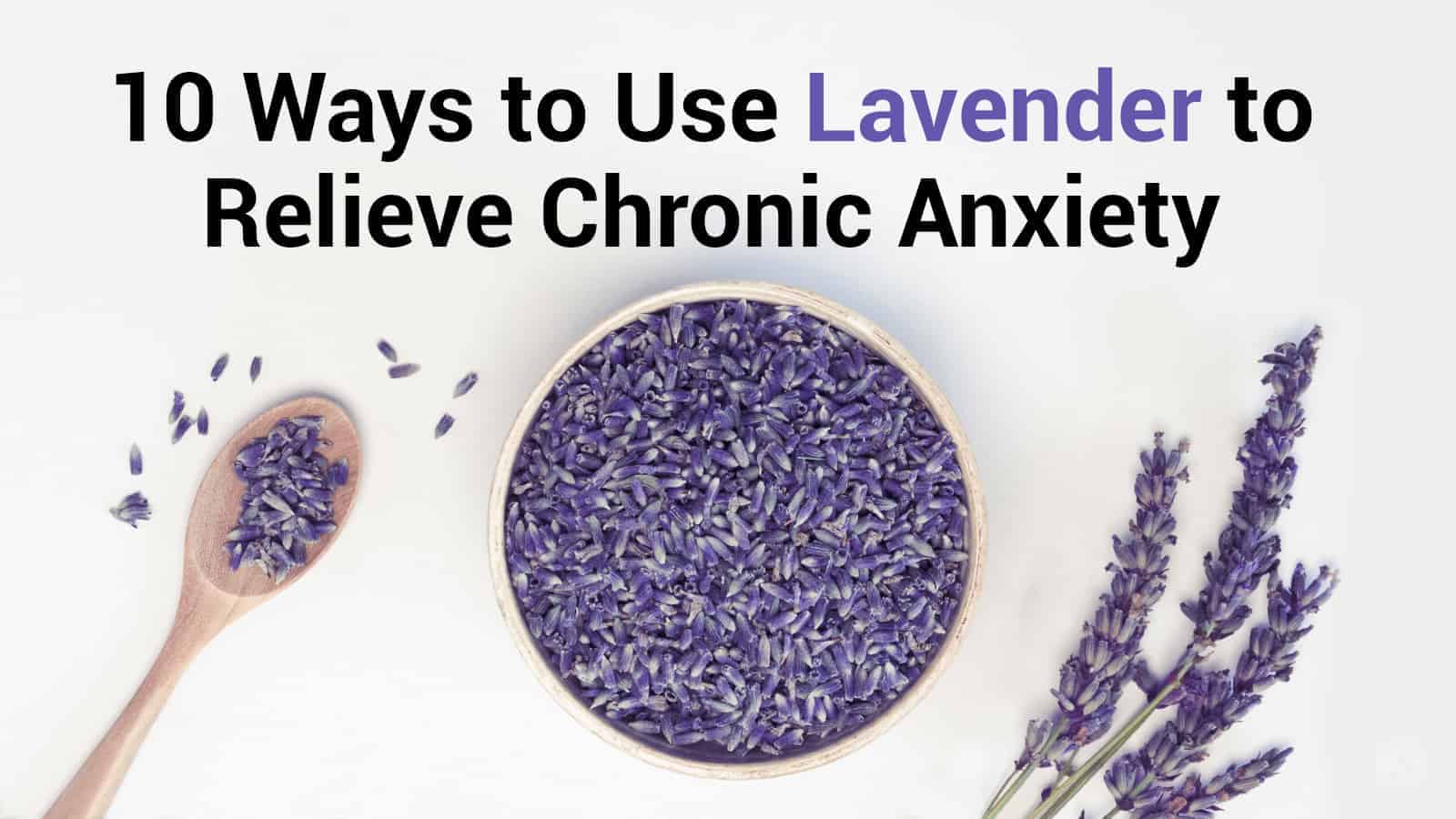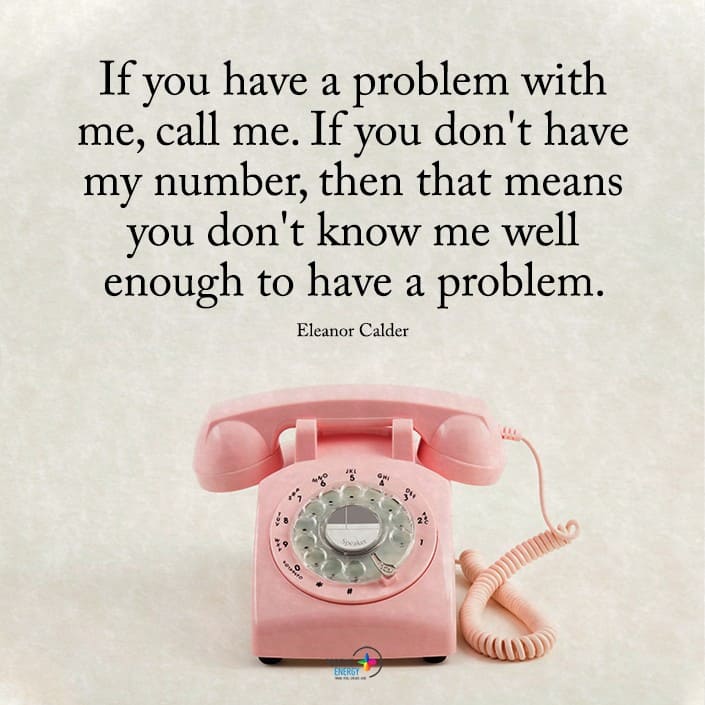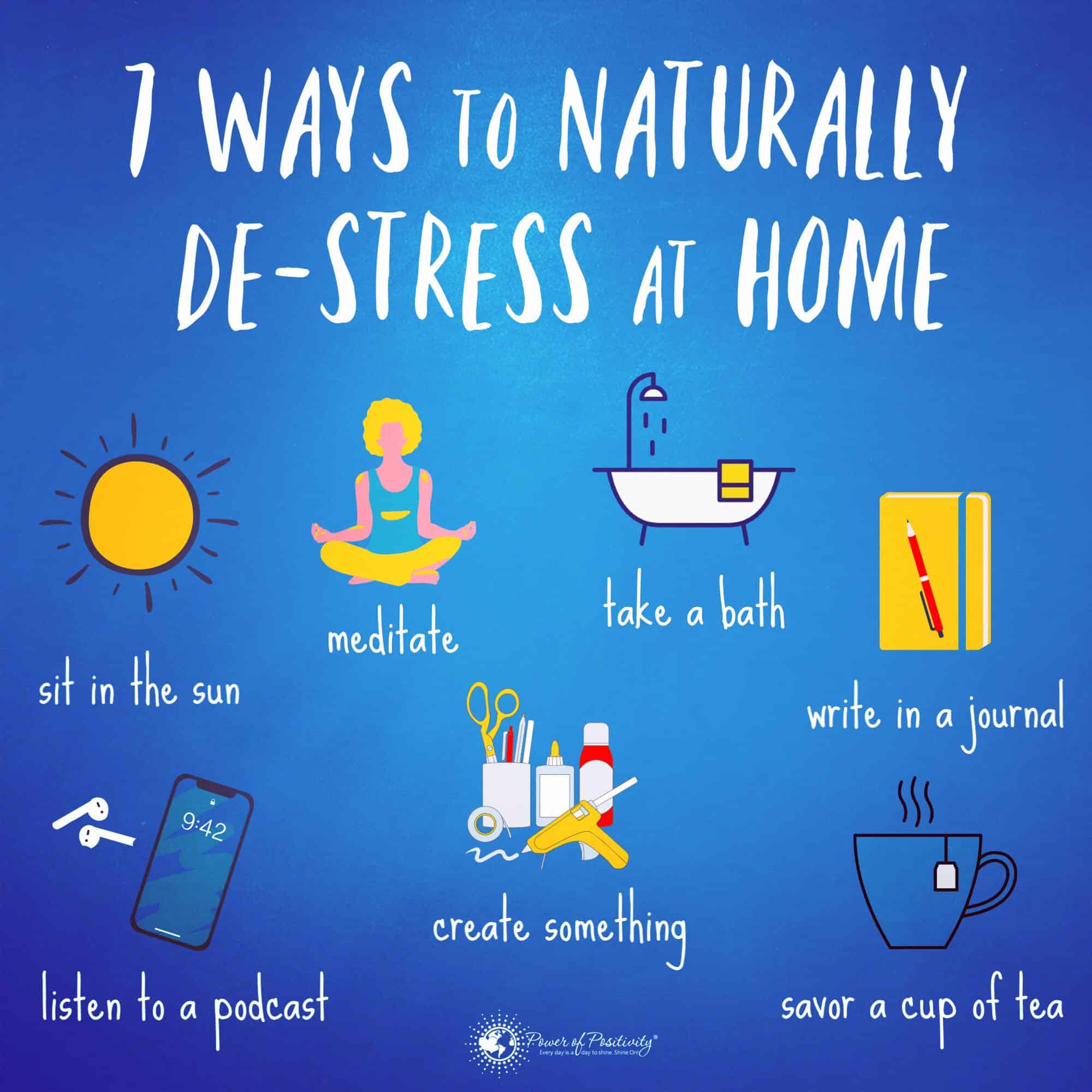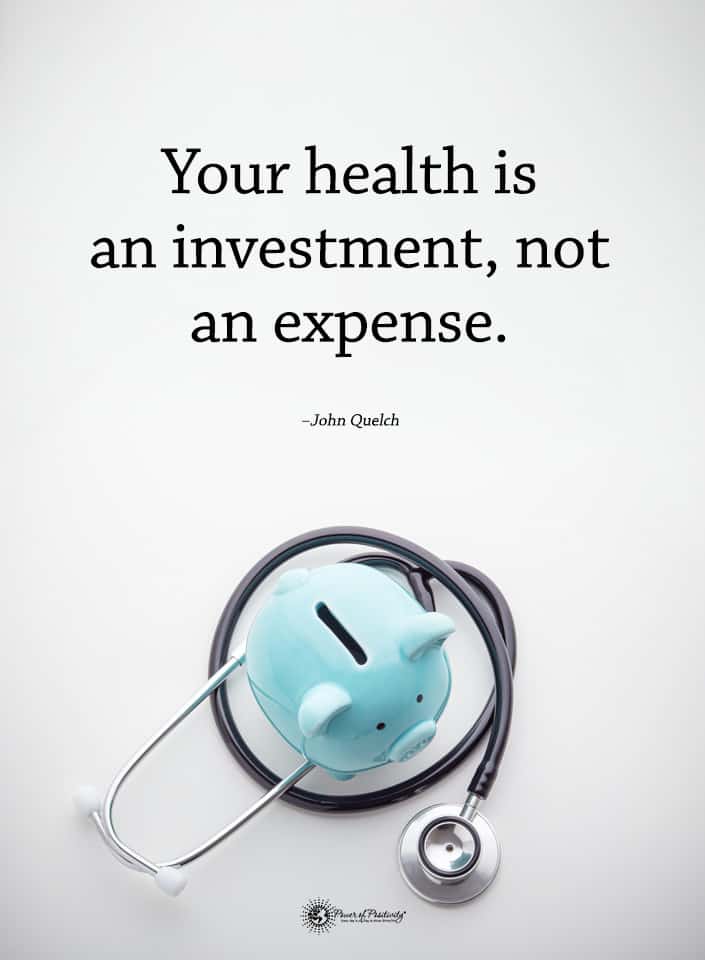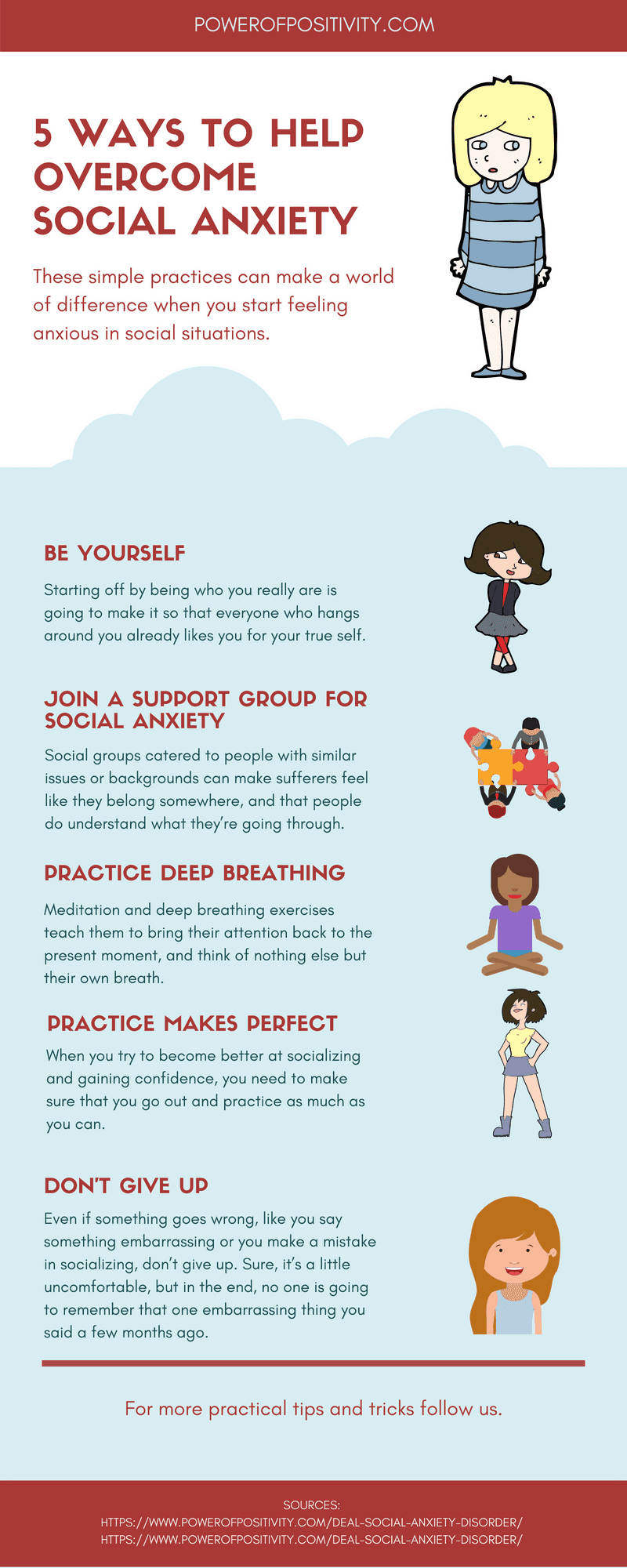Are you reeling from the pain of a major breakup?
Relationships end in painful ways, whether they are mutual or not. When a marriage ends, or the relationship with a significant other comes to a giant halt, it hurts in ways that fracture the spirit. It’s not just the heart that aches. We begin to reflect and compare. We stumble across self-pity, anger, resentments and depression. There are many ways to cope. Here are some points to remember during a breakup while you allow your heart to grieve for the loss.
6 Ways to Move On From A Major Breakup

1. Pay attention to your inner guidance.
We tend to get lost in the emotional roller coaster of worth and self-loathing. Jealousy enters into your life while watching your mate move on quickly. Hatred for what was left behind embraces you until you can’t breathe. Doubt begins to play a huge role. You begin to question if you should have walked away. It’s in those moments that faith comes in. Sit and truly allow your spirit to be guided by something extraordinary.
“I believe that everything happens for a reason. People change so you can learn to let go. Things go wrong so you can appreciate them when they’re right. You believe lies so you eventually learn to trust no one but yourself. And sometimes good things fall apart so better things can fall together.”- Marilyn Monroe
2. Follow a routine as you recover from the breakup.
Divorce or breakups disrupt all areas of normal waking life. It’s in these moments that stress becomes amplified. Make sure you have a daily routine whether it’s a spiritual practice, exercising, reading, writing or creating. Make a “new normal” for yourself. In a relationship, so much surrounds the other person that when it’s over, we forget what we need. Your identity gets clouded. Routine allows for stability to return to a place of home. As Dr. Phil McGraw says, “You create your own experiences. You can’t change what you don’t acknowledge.” Familiarity and routine help heal the mind, body and spirit.
3. Do not reach for the bottle or the pills.
Avoidance is an instinct when we are hurt. Reaching for anything that numbs the pain seems to be first and foremost. This is an excellent time to reach for friends, a therapist, or anyone who can help you get through the healing process. Spend time with people who support and lift you. Go out and make new friends. Life gets turned upside down…momentarily. It is essential to find healthy ways to get through the sadness. Alcohol, food, pills, and any other addiction only mask the underlying issue. It’s best to be gentle with yourself and allow for the emotions to rise and release without stopping them with substance abuse. Don’t stop or cover up your emotions.
4. Allow the breakup grieving process to take its course.
You shouldn’t try to overlook the loss by jumping into another immediate relationship. Rebound love rarely works out. Grieving has no set date. It has no perfect timing. When you can look back at the relationship and the person, without crying, finding a healthy place to begin another relationship is safe. Don’t let grief be substituted by sex or deep depression that shuts you down. Know the difference between a deep depression and sadness. You are allowed to break and then get back up. You are allowed several pity parties, but don’t reside there permanently. Depression is triggered by the continuous involvement of participating in the hurt and memories. A chemical imbalance can also trigger it.
“Tears shed for another person are not a sign of weakness. They are a sign of a pure heart.” – José N. Harris, MI VIDA: A Story of Faith, Hope and Love
5. Change your hair and/or your bedroom.
Redecorate your surroundings while having fun with your persona. Enjoy the possibilities of having new things around you. Spark up that wardrobe. Get new bedding. Make space for you. Clean out closets. Throw stuff out. Rearrange your home to match your new life. You get to restart, and at times that requires radical decorating.
6. Take a trip or attend a retreat.
Being alone while taking the first trip is essential. This allows you to get to know yourself again. We identify with our partners. We lose ourselves in relationships, oftentimes romanticizing past events. You are divorced or in a breakup because you tried to give it your all and it didn’t work. It’s time to enjoy the space of being alone and finding your center. Don’t confuse being alone with being lonely. A trip to a new place will realign your worth and the fun of truly loving yourself again. Retreats are also places of sacredness and returning to self-love.
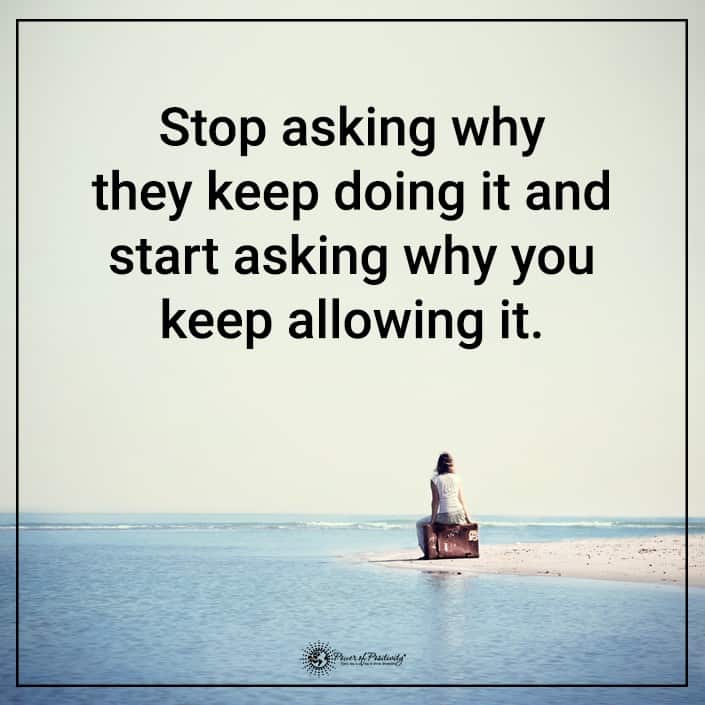
Final Thoughts on Healing Your Heart After a Major Breakup
You get a new beginning. Treat yourself as if you were getting over an illness, a cold, or the flu. Allow for healing. Pamper yourself in the process. Every ending is an opportunity for a new beginning. The ending of a relationship doesn’t need to determine who you are because you are the ultimate love of your life, and many things can be learned when you let a relationship go.

